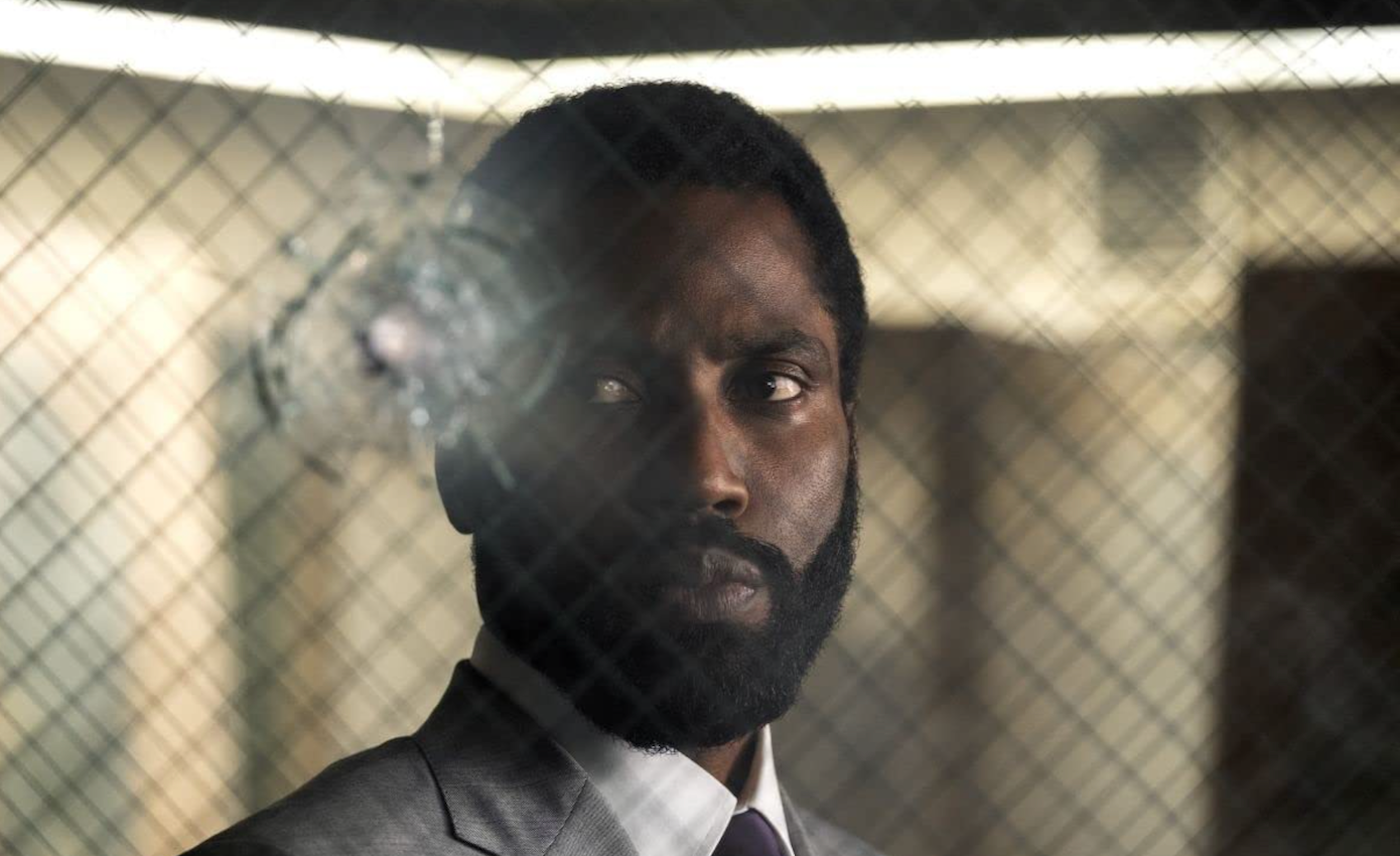[Editor's note: The following contains spoilers for Tenet.]
Christopher Nolan is a filmmaker obsessed with time. However, that obsession with time is usually put to greater ends with regards to character and/or circumstance. But in his latest film, Tenet, Nolan’s obsession with time proves his undoing as the “time inversion” that drives the plot and creates a palindromic structure comes at the expense of concise plotting or thoughtful characters. By the end of Tenet, you’ve ceased to care about the particulars of time inversion and who’s going forward and who’s going backwards because we’re indifferent to the people involved in this bizarre construction.
The basics of time inversion is that someone in the future invented some doodad that allows time to flow backwards. Therefore, certain elements are flowing backwards through time. Their trajectory has become inverted. That’s not to say free will is nonexistent because instinct drives the momentum of the object. But ultimately, you have to acknowledge the scientist (Clémence Poésy) who tells The Protagonist (John David Washington), “Don’t try to understand it. Feel it.” And yet Tenet spends the rest of its runtime constantly trying to get the audience to understand time inversion and how objects and eventually even people become inverted in this bizarre war with the future.
However, the more you try to explain time inversion, the less fruitful it becomes because it doesn’t illuminate anything. The reverse chronology in Memento is useful because it puts you in the mindset of Leonard Shelby (Guy Pearce), a man who is constantly confounded by effects because he cannot remember the causes. The time structures in Inception are useful for spacing out the dream levels and they make sense to everyone because we’ve all had dreams where we felt like we were in them longer than we were actually asleep. The time dilation in Interstellar is useful for raising the stakes of Cooper’s (Matthew McConaughey) mission because time on Earth is running out even as he stays the same age. The overlapping timelines in Dunkirk show the crucible that everyone is stuck in as they wage war to make for an experiential viewing.
There is no larger reason for time inversion in Tenet. If you want to go incredibly broad you can say that the present is warring with the future in that we’re being negligent in our actions (climate change, nuclear proliferation) and the future is being equally negligent in either wiping out the past while somehow ignoring “The Grandfather Problem” (i.e. if you killed your own grandfather, you’d cease to exist). But those broad strokes don’t matter because they have no character stakes. Dunkirk manages to get away with having thin characters because it’s recreating a real event, so we know why it matters. We know that those soldiers need to get off that beach because the Allied forces need to beat the Nazis. Tenet doesn’t have those obvious stakes.
Trying to explain time inversion is to wrestle with trying to explain a made-up thing to explain how it affects made-up people and their made-up problems. There needs to be some connective tissue to the lives the audiences, and Nolan has completely forgotten his audience beyond wowing them with bombastic set pieces. John David Washington is a very good actor, but The Protagonist is not only nameless, but also devoid of an inner life. He has no past to wrestle with, no loved ones to defend beyond a simple affinity for Kat (Elizabeth Debicki), a woman he wants to protect because he’s a nice guy. We never learn what drives him beyond a desire to save the world, which, bully for him, but that’s about as broad as it gets when it comes to personal motivations.
Time inversion is a narrative device without much of a purpose. Watching Tenet, it feels like Nolan wanted to make a James Bond movie but marked by his own obsession with time. That’s not a bad place to start, but because time inversion is never tied to any personal character stakes beyond “save the world”, it plays as inert at best and convoluted at worst. I’m sure someone will eventually map out the various time inverted characters and objects, but it won’t matter because there’s no emotional catharsis to any of it. Whether you look at it forwards or backwards, time inversion is meaningless.
For a breakdown of the film's ending, click here.


